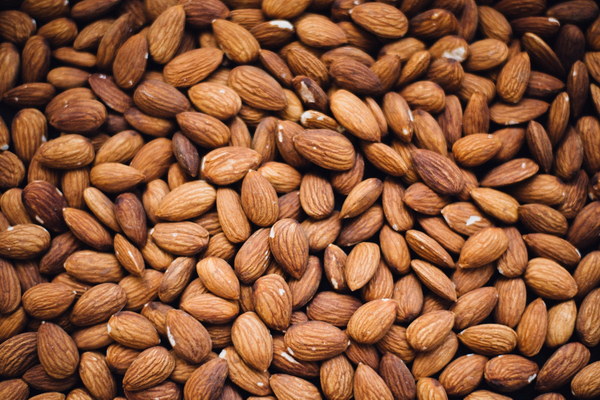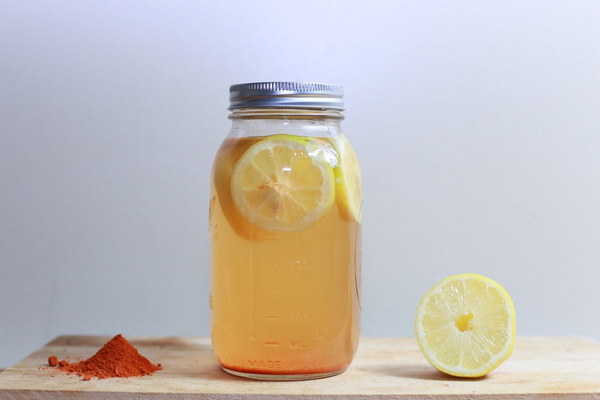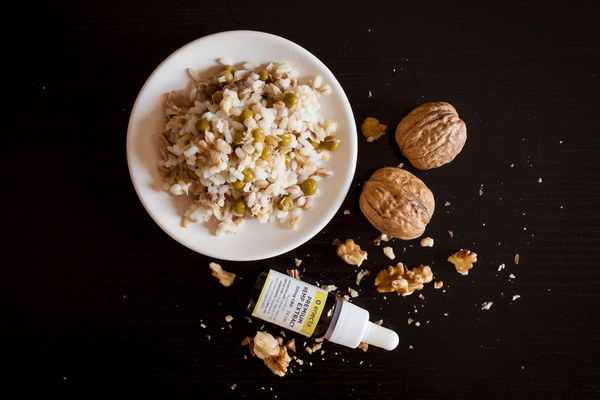Is Peach Gum an Effective Remedy for Dampness in Traditional Chinese Medicine
In the realm of traditional Chinese medicine (TCM), the concept of dampness is a common ailment that can manifest in various forms, from fatigue and weight gain to skin issues and digestive problems. One natural ingredient often praised for its ability to alleviate dampness is peach gum, also known as tao jiao in Chinese. But is peach gum truly an effective remedy for dampness? Let's delve into this question and explore the properties and uses of peach gum in TCM.
Understanding Dampness in TCM
According to TCM, dampness is a pathological condition that arises from an imbalance in the body's fluids, leading to various symptoms. This imbalance can be caused by external factors like humidity, excessive intake of cold or raw foods, and internal factors such as poor digestion and weak spleen function. Dampness can manifest in different ways, including:
- Excess weight or obesity
- Poor digestion and bloating

- Fatigue and lack of energy
- Joint pain and muscle aches
- Acne and skin rashes
- Water retention and edema
Properties of Peach Gum
Peach gum, derived from the peach stone, is a traditional Chinese medicinal herb that has been used for centuries to address dampness and other related issues. Here are some of its key properties:
- Spleen and Stomach Tonic: Peach gum is believed to strengthen the spleen and stomach, which are responsible for proper fluid metabolism in the body.
- Diuretic: It has diuretic properties that can help in reducing water retention and alleviating edema.
- Detoxifying: Peach gum is said to help remove dampness and toxins from the body, improving overall health.
- Digestive Aid: It can aid in digestion, reducing bloating and discomfort associated with dampness.
Is Peach Gum an Effective Remedy for Dampness?
While there is limited scientific evidence to support the efficacy of peach gum in treating dampness, traditional practitioners have long relied on its benefits. Here are some reasons why peach gum may be an effective remedy for dampness:
1. Herbal Combination: In TCM, peach gum is often used in combination with other herbs to address specific symptoms of dampness. This holistic approach allows for a more personalized treatment plan.
2. Spleen and Stomach Support: By strengthening the spleen and stomach, peach gum can help regulate fluid metabolism and reduce dampness.
3. Diuretic and Detoxifying Properties: The diuretic and detoxifying effects of peach gum can help eliminate dampness and improve overall health.
4. Digestive Aid: By improving digestion, peach gum can reduce the build-up of dampness in the body.
How to Use Peach Gum
Peach gum can be consumed in various forms, including:
- Tea: Boil peach gum in water and drink the tea as a daily beverage.
- Herbal Formula: Peach gum can be used in herbal formulas prescribed by a TCM practitioner.
- Powder or Capsules: Some people prefer to take peach gum in powdered or capsule form for convenience.
Conclusion
While peach gum has been traditionally used to treat dampness in TCM, more scientific research is needed to confirm its efficacy. However, its properties and historical use suggest that it may be an effective remedy for dampness in some cases. If you are considering using peach gum as a treatment for dampness, it is advisable to consult a TCM practitioner for personalized advice and guidance.









